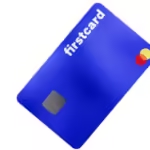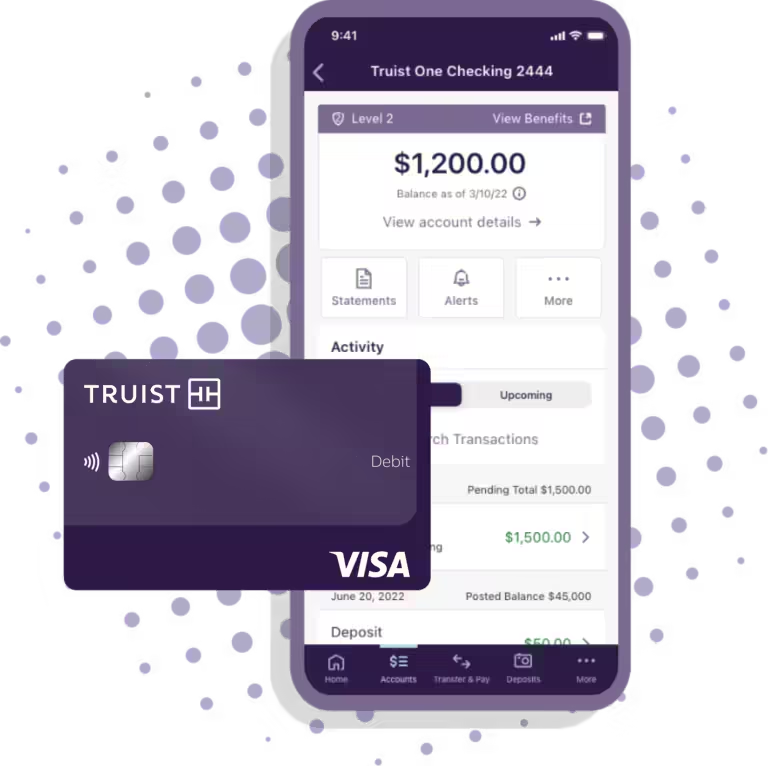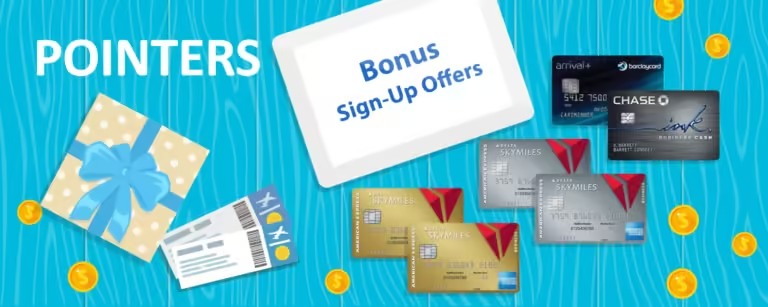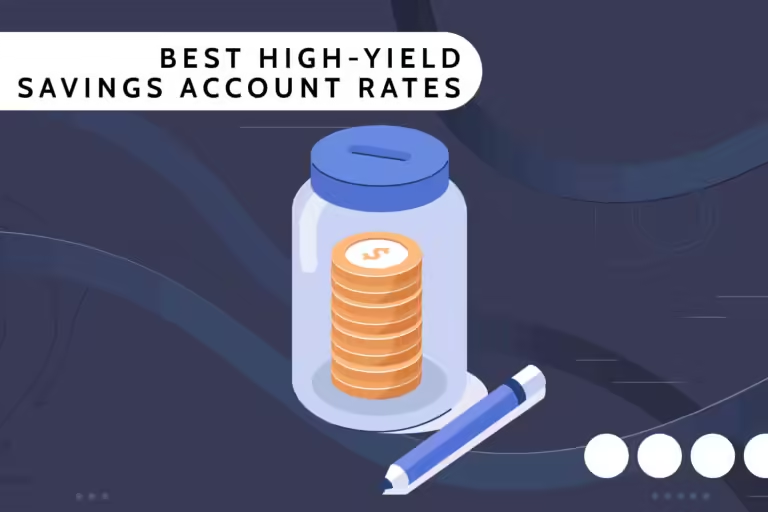Building Credit With a Student Credit Card
Using a student credit card responsibly builds credit history. Timely payments are crucial for a good credit score.
Student credit cards are excellent tools for young adults to start building credit early. Establishing a good credit history is essential for future financial endeavors, such as renting an apartment or securing a loan. With a student credit card, students can learn to manage their finances, make timely payments, and keep their credit utilization low.
These habits positively impact their credit score. Many student credit cards also offer rewards and low fees, making them an attractive option. It’s important to choose the right card and use it wisely to maximize benefits. By building good credit habits now, students set the foundation for a secure financial future.
Introduction To Student Credit Cards
Starting to build credit early is important for young adults. Student credit cards are a great tool for this purpose. They help students manage their finances and build a credit history. Let’s explore what a student credit card is and why building credit early is crucial.
What Is A Student Credit Card?
A student credit card is designed specifically for college students. It has lower credit limits and fewer fees than regular credit cards. These cards often come with rewards and benefits tailored to students.
Here are some key features of student credit cards:
- Lower credit limits
- Easy approval process
- Student-friendly rewards
- Low or no annual fees
Student credit cards are a great way to learn financial responsibility. They help students manage money and build credit history.
Importance Of Building Credit Early
Building credit early has many benefits. It opens doors to better financial opportunities in the future.
Here are some reasons why building credit early is important:
- Better loan approval rates: Good credit makes it easier to get loans.
- Lower interest rates: Good credit results in lower interest rates on loans.
- Better rental opportunities: Landlords often check credit scores before renting.
- Improved job prospects: Some employers check credit scores before hiring.
Starting early helps students avoid common credit pitfalls. They learn to use credit responsibly and benefit from a good credit history in the future.
Choosing The Right Card
Building credit with a student credit card starts with choosing the right card. This decision can significantly impact your financial future. A well-chosen card can help build a solid credit history. Below, we explore the key features to look for and compare different options.
Key Features To Look For
Not all student credit cards are created equal. Here are some critical features to consider:
- No Annual Fee: Avoid cards with yearly charges.
- Low Interest Rates: Look for cards with low APR.
- Cash Back Rewards: Some cards offer cash back on purchases.
- Credit Limit: Ensure the credit limit meets your needs.
- Introductory Offers: Some cards offer 0% APR for a limited time.
Comparing Different Options
Comparing different student credit cards can be overwhelming. Here’s a table to help you decide:
| Card Name | No Annual Fee | APR | Cash Back Rewards | Credit Limit | Introductory Offers |
|---|---|---|---|---|---|
| Card A | Yes | 14.99% | 1% on all purchases | $500 | 0% APR for 6 months |
| Card B | Yes | 13.99% | 2% on groceries | $300 | 0% APR for 12 months |
| Card C | No | 19.99% | 1.5% on all purchases | $1,000 | No introductory offers |
Use this table to compare and choose the best card. Focus on the features that matter most to you. Making the right choice can set you on a path to strong credit.
Application Process
Building credit with a student credit card starts with understanding the application process. This process involves meeting certain eligibility criteria and submitting required documentation. Follow these steps to ensure a smooth application.
Eligibility Criteria
Before applying for a student credit card, you must meet specific eligibility criteria. These criteria ensure you are a suitable candidate for credit.
- Age: You must be at least 18 years old.
- Student Status: You need to be a current student.
- Income: Some cards require proof of income or a co-signer.
- Residency: You must be a resident of the issuing country.
Required Documentation
Gathering the required documentation can speed up the application process. Here is a list of common documents you may need.
| Document | Purpose |
|---|---|
| Student ID | Proves your student status |
| Government ID | Verifies your identity |
| Proof of Income | Shows you can repay credit |
| Bank Statements | Provides financial history |
Submitting accurate and complete documentation is crucial. It ensures a higher chance of approval and a faster process.
Using Your Card Wisely
Building credit with a student credit card requires wise usage. This helps establish a strong credit history. Below are essential tips to use your card wisely.
Budgeting And Spending
Creating a budget is crucial. List your monthly income and expenses. Allocate a portion for credit card use. Stick to your budget to avoid overspending.
| Income | Expenses |
|---|---|
| Part-time Job | Rent |
| Allowance | Utilities |
| Scholarships | Food |
Track your spending. Use apps or spreadsheets. This keeps your spending under control. Avoid impulse purchases. They can lead to debt.
Avoiding Common Pitfalls
Avoiding common pitfalls is key. Pay your bill on time. Late payments hurt your credit score. Set reminders to pay your bill.
- Pay more than the minimum
- Keep your balance low
- Avoid cash advances
Check your statement regularly. Look for any errors. Report issues immediately. Monitor your credit score. It helps you track your progress.
Avoid maxing out your card. High balances affect your credit utilization. Keep it below 30% of your limit.
Building Credit History
Building credit history as a student is crucial. A student credit card can help. It offers a way to start a credit journey. Handling it wisely sets you up for future success. Let’s explore two key steps: timely payments and keeping balances low.
Timely Payments
Always pay your credit card bill on time. Timely payments are vital for a good credit score. They show lenders you are responsible. Set up reminders to never miss a due date.
- Pay your bill every month.
- Set up automatic payments.
- Use calendar reminders.
Keeping Balances Low
Avoid maxing out your credit card. Keeping balances low helps your credit score. It shows you can manage credit responsibly.
Try to use only a small part of your credit limit. This is called your credit utilization ratio. A low ratio boosts your credit score.
| Credit Limit | Suggested Usage |
|---|---|
| $500 | Less than $150 |
| $1000 | Less than $300 |
- Check your balance regularly.
- Pay off your card early if possible.
- Avoid unnecessary purchases.
Monitoring Your Credit Score
Building credit with a student credit card is a vital step. Monitoring your credit score ensures you stay on the right track. Keeping tabs on your credit helps you identify any issues early. Let’s dive into some essential tools and tips to help you monitor your credit score effectively.
Using Credit Monitoring Tools
Using credit monitoring tools is an effective way to track your credit score. These tools alert you to any changes in your credit report. Many banks and credit card companies offer free credit monitoring services. Signing up for these services can help you stay informed about your credit status.
Here is a table comparing some popular credit monitoring tools:
| Tool Name | Free Plan | Credit Score Updates | Alerts |
|---|---|---|---|
| Credit Karma | Yes | Weekly | Yes |
| Experian | Yes | Monthly | Yes |
| Mint | Yes | Monthly | Yes |
These tools help you stay updated on your credit score without any hassle. Using them can provide peace of mind and help you make informed financial decisions.
Understanding Credit Reports
Your credit report is a detailed record of your credit history. It contains information about your credit accounts, payment history, and any inquiries. Understanding your credit report is essential for maintaining a healthy credit score.
Here are the key components of a credit report:
- Personal Information: This includes your name, address, and Social Security number.
- Credit Accounts: Details about your credit cards, loans, and other credit accounts.
- Payment History: A record of your payments, showing whether you paid on time.
- Inquiries: A list of entities that have checked your credit report.
Regularly reviewing your credit report helps you spot any errors or fraudulent activities. Request a free credit report from each of the three major credit bureaus annually. This way, you can ensure your credit information is accurate and up-to-date.
Rewards And Benefits
Building credit with a student credit card has many rewards and benefits. These perks can make managing finances easier and more rewarding. Discover how cashback, points, and student-specific perks enhance the value of student credit cards.
Cashback And Points
Many student credit cards offer cashback rewards on purchases. These rewards can accumulate quickly. For example:
- 1% cashback on general purchases
- 2% cashback on groceries
- 3% cashback on dining out
Points are another common reward. You can earn points for every dollar spent. Redeem these points for:
- Gift cards
- Travel discounts
- Merchandise
Choosing a card with rewards that match your spending habits is beneficial. This maximizes the value of your rewards.
Student-specific Perks
Student credit cards often come with unique perks tailored for students. These perks can include:
- Low or no annual fees
- Introductory APR offers
- Rewards for good grades
Some cards provide exclusive deals and discounts. These can be for popular student services and products. For example:
| Service | Discount |
|---|---|
| Streaming Services | 10% off |
| Bookstores | 15% off |
| Online Courses | 20% off |
These benefits help students save money while building credit. A student credit card can be a valuable financial tool. Use it wisely to enjoy these perks.
Transitioning To A Regular Credit Card
Making the switch from a student credit card to a regular credit card is a crucial step. This transition can greatly impact your financial future. It is essential to know when and why to upgrade.
When To Make The Switch
You should consider switching when you have built a good credit history. Check your credit score regularly. A score above 700 is ideal. Make sure you have a steady income. This shows you can handle regular payments.
Look for signs that you need more credit. If you frequently reach your credit limit, it is time to upgrade. Watch for better credit card offers. If you receive offers with lower interest rates, it is a good sign.
Benefits Of Upgrading
Upgrading to a regular credit card has many benefits. You get a higher credit limit. This can help with larger purchases. Regular credit cards often have better rewards programs. You can earn points, miles, or cash back.
Another advantage is lower interest rates. Student cards often have higher rates. Regular cards can save you money. You may also get better customer service. Regular cardholders often receive priority support.
| Benefit | Student Credit Card | Regular Credit Card |
|---|---|---|
| Credit Limit | Lower | Higher |
| Rewards | Basic | Enhanced |
| Interest Rates | Higher | Lower |
| Customer Service | Standard | Priority |
Common Mistakes To Avoid
Building credit with a student credit card is a smart move. However, many students make mistakes that can hurt their credit scores. Knowing these common mistakes helps you avoid them and build a strong credit history.
Overspending
Overspending is a common mistake students make. It’s easy to swipe the card for purchases without thinking about the bill. Many students forget that they have to pay back what they spend. This can lead to a high balance and debt.
Here are some tips to avoid overspending:
- Create a budget and stick to it.
- Track your expenses regularly.
- Use the card for essential purchases only.
Missing Payments
Missing payments is another serious mistake. Each missed payment can lower your credit score. It also leads to late fees and interest charges.
To avoid missing payments:
- Set up automatic payments from your bank account.
- Use payment reminders on your phone.
- Pay your bill before the due date.
By avoiding these common mistakes, you can effectively build your credit. Remember, responsible credit use today leads to a strong financial future.
Frequently Asked Questions
What Is A Student Credit Card?
A student credit card is designed for college students. It helps them build credit. These cards often have lower credit limits and fewer rewards.
How Can I Build Credit With A Student Credit Card?
To build credit, use your card responsibly. Pay your bill on time. Keep your balance low. Monitor your credit score regularly.
Are Student Credit Cards Easy To Get?
Yes, student credit cards are easier to get. They often require little to no credit history. Some cards may also offer approval with proof of income.
What Are The Benefits Of A Student Credit Card?
Benefits include building credit, learning financial responsibility, and earning rewards. Some cards also offer perks like cashback or discounts on purchases.
Conclusion
Building credit with a student credit card is a valuable step. It sets the foundation for future financial success. Use the card responsibly and pay bills on time. Monitor your credit score regularly. These habits will help you build a strong credit history.
Start today and secure a better financial future.






